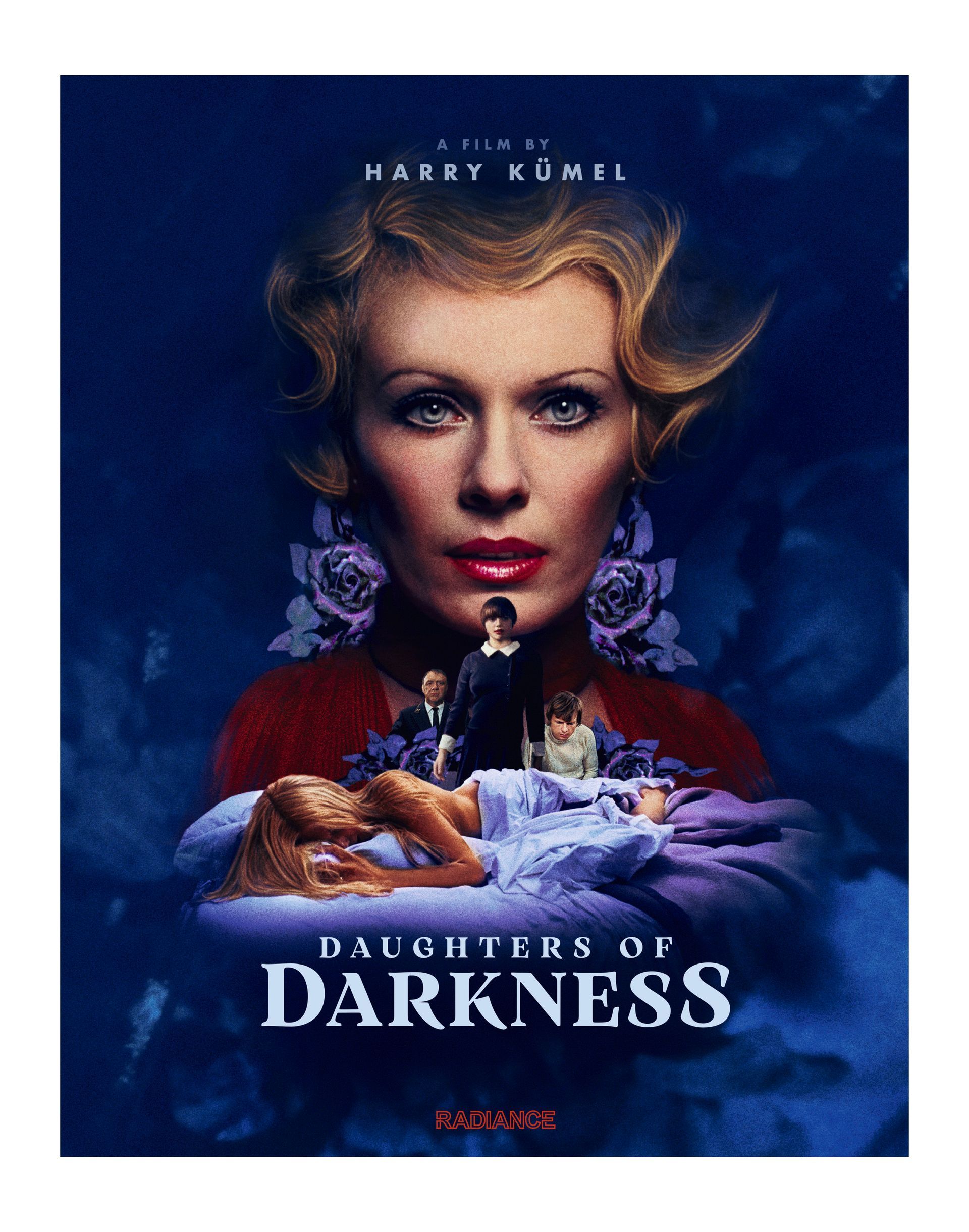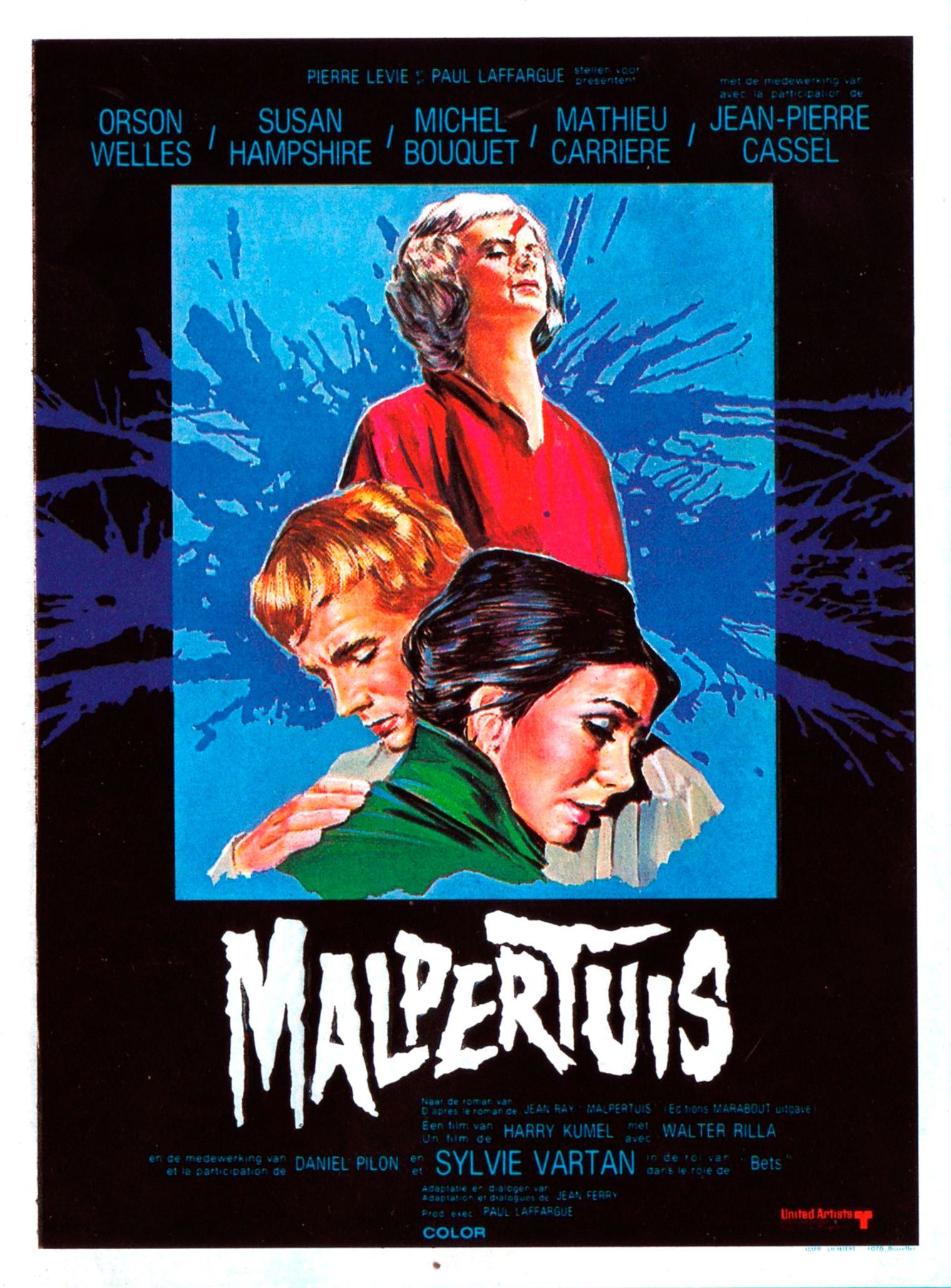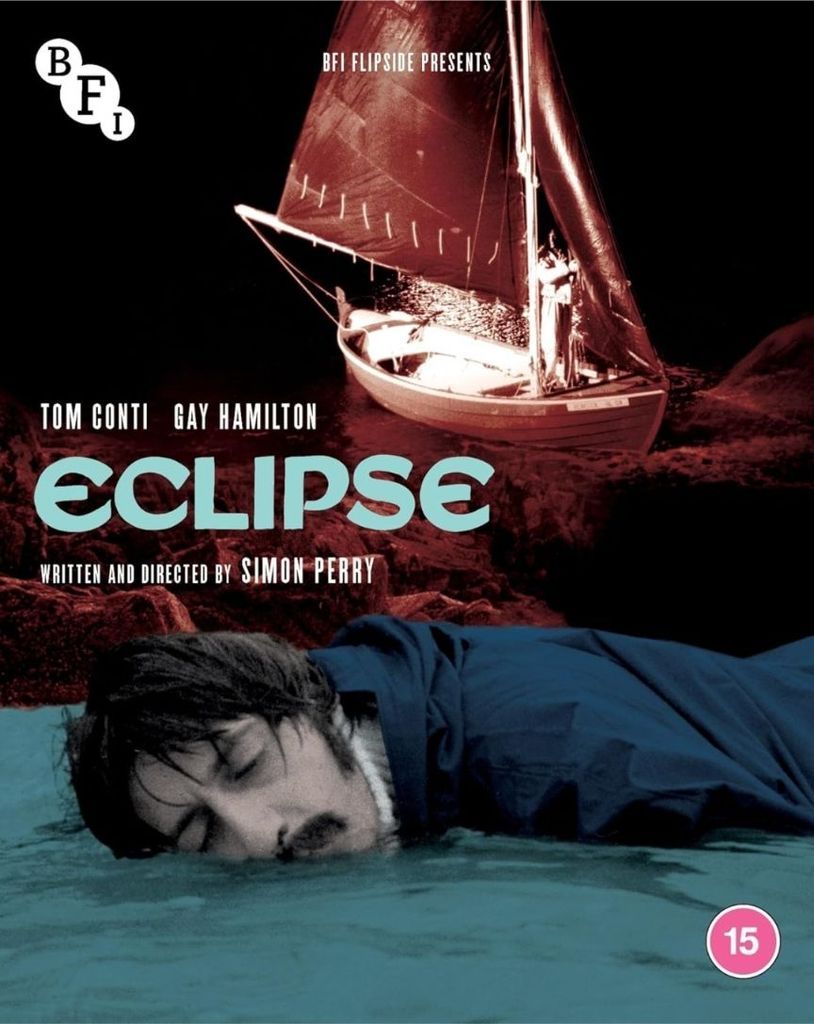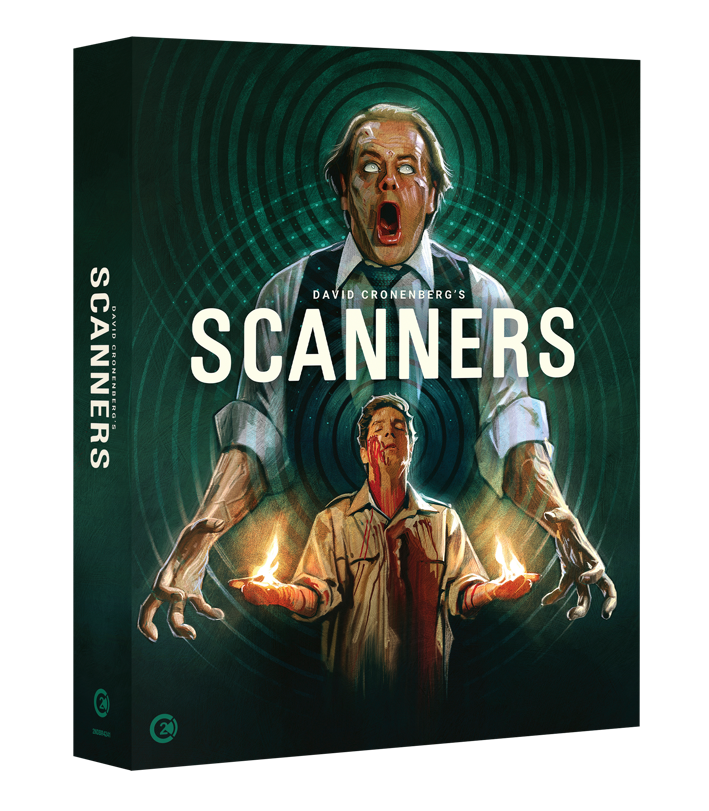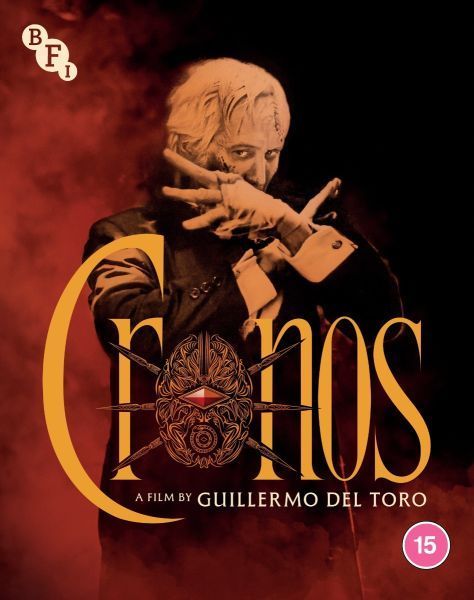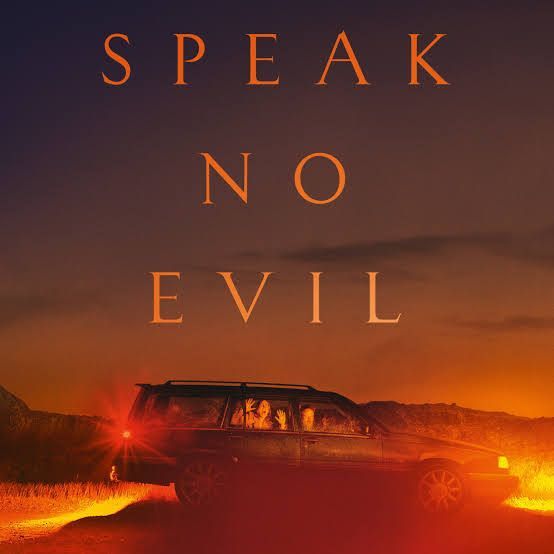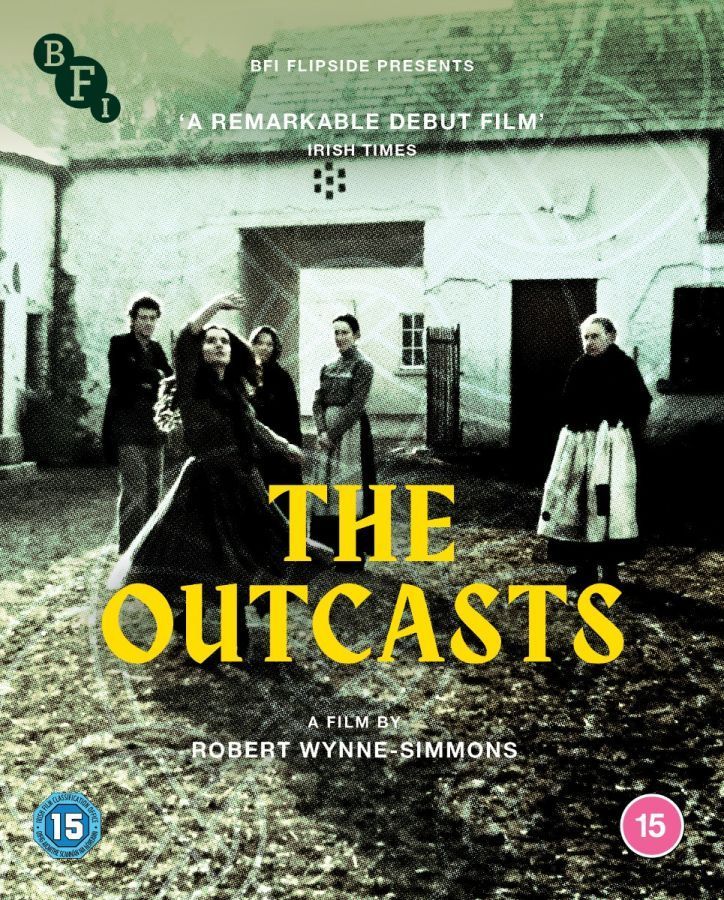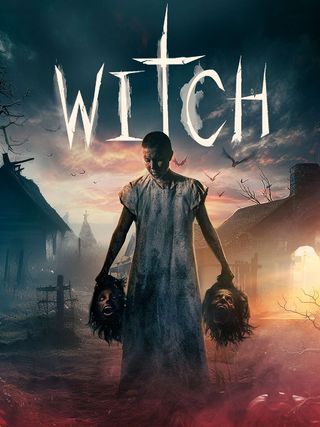DOA: A Right of Passage
DOA: A Right of Passage
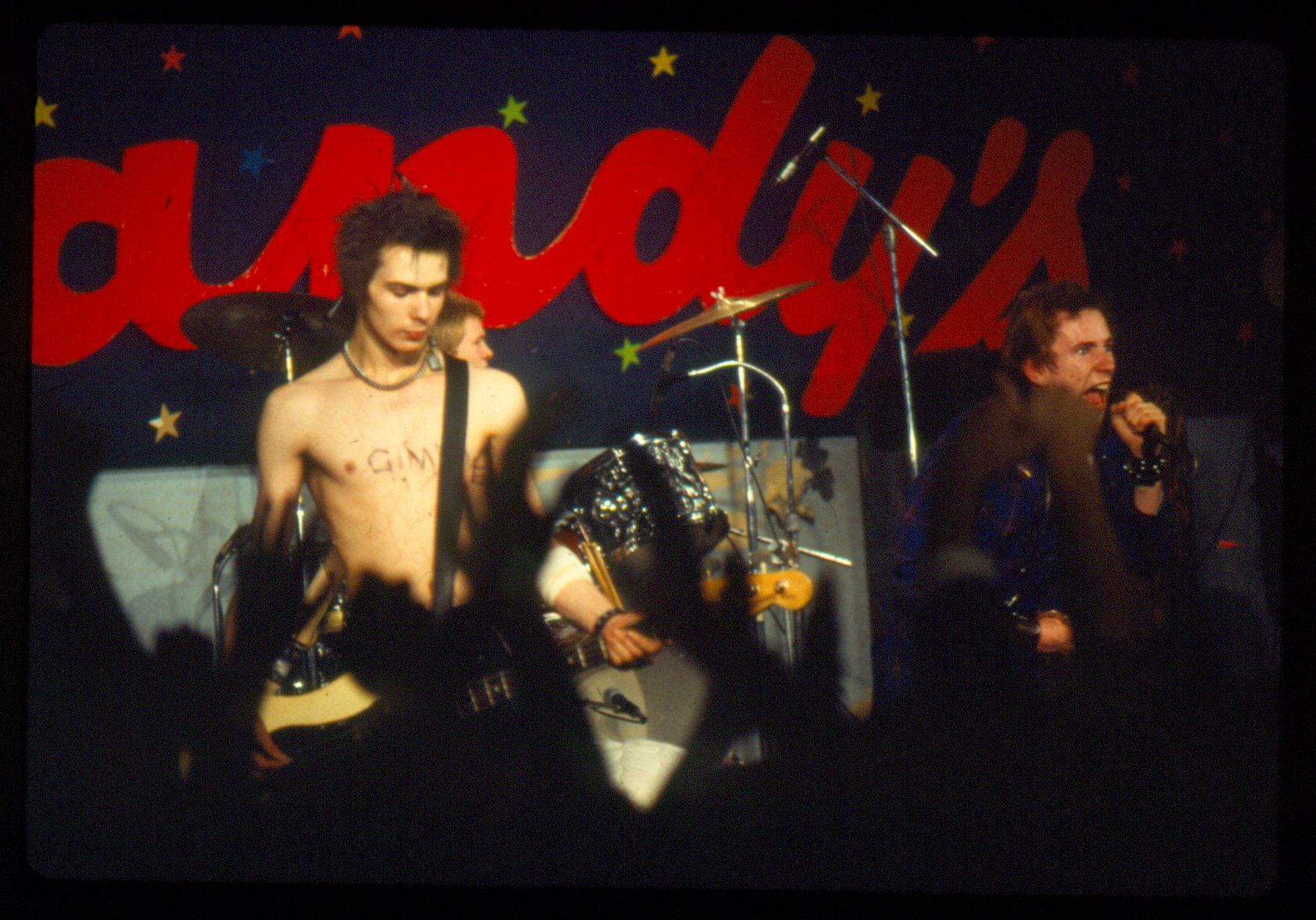
D.O.A. A Right of Passage (Second Sight 2NDBR4083)
Out now on DVD/BluRay dual format, D.O.A., the unique, frenetic documentary directed by Lech Kowalski about legendary punk pioneers The Sex Pistols’ ill-starred first and only U.S. tour of 1977 is an essential purchase. Starting in confusion and controversy, ending in acrimony and disintegration, D.O.A. captures all the energy, urgency and anger of punk in short sharp snatches of concert footage over a raw and dangerous road trip into America’s deep South and its sun baked West coast, in between diversions to the broken and tattered London of the same period.
From the opening shot of a baptism and a hand wearing cracked nail polish, stacking singles on a record player spindle, D.O.A. jumps feet first into the subterranean world that gave birth to punk, on both sides of the Atlantic. British viewers may be struck by how the US punks differ so much from their angrier, snottier UK counterparts in this documentary-style film. Leather jackets, sub-glam make-up and fag-end of mid-70’s hair, in stark contrast to the near-puritanical look of the London contingent. The various reactions of the US gig-goers is telling; some have clearly never been to see a punk band before, and some voice their ‘Garbage, man’ opinions with a passion.
At the Atlanta gig, Syd bears resemblance to a wan ghost, Johnny his characteristic spotty, diseased urchin look, as the band crash through the smartly re-titled ‘Anarchy in the USA’, the lyrics rendered in subtitles, presumably for those in any doubt as to the subject of the song.
Occasional interjections of UK authority figures’ reactions to the Sex Pistols bring home to the viewer just how dangerous the band were felt to be, although today, the talking heads sound more like overbearing headmasters expressing their frustration at their young charges’ behaviour. The almost inevitable interview with Mary Whitehouse turns up, coming over just like a daft old aunt at a teenager’s birthday party.
D.O.A. generally sticks to the protagonists and their fans for any atmosphere it requires. Shots of the hugely inspiring X-Ray Spex in the studio thundering through ‘Oh Bondage, Up Yours’, provides a powerful reminder that the Sex Pistols were not the only band driving the punk movement with their originality. In complete contrast, the little known ‘Terry and the Idiots’ strain through their set in a miserable pub, to a disinterested audience of locals. Cut to film of the Sex Pistols delivering a seething, corrosive version of ‘Liar’, to a less than enthusiastic reaction by the audience. Perhaps they should have stuck to their Boston gigs, instead.
The shots of a poverty-stricken West London, teamed with The Clash’s version of ‘Police and Thieves’ may come as a shock to a modern audience, perhaps used to the neighbourhood being mostly a pricey tourist trap. Here, the streets have more than their fair share of boarded up shops and houses and a rag and bone man makes an appearance with his horse and cart, in a scene which could have come from the 19th century. Far right political marches in this racially mixed area are shown in contrast to military parades in the smarter areas of the city, where diversity is far less common.
That the Sex Pistols should be booked to play Memphis just a couple of days before the late Elvis Presley’s birthday anniversary must have been a brave, if not foolhardy decision, and shots of Elvis look a likes congregating to pay homage to the recently deceased King of Rock and Roll is a jarring contrast. At this significant point, Generation X are shown working in the studio, their far more traditional rock and roll sound a world away from the poisonous, sneering greatness of the Sex Pistols. A still-timely comment about the way that studio technology gets in the way of good, raunchy music hangs in the air.
The God Squad makes its entirely predictable appearance on the Sex Pistols tour, picketing the gig in Tulsa in a bitterly cold winter landscape, while a transvestite nun performs a basic rock and roll set. We encounter two fashionistas ripping off Vivienne Westwood’s designs to the last detail, and Bleecker Bob with his encyclopaedic knowledge of punk, both within and without the USA.
The Dallas leg of the tour attracts more fashion victims than usual, a regular John Waters film of misfits and scene hoppers, plus hostile police aplenty. ‘Pretty Vacant’ is as powerful and raucous as ever, and Syd looks like he has recently been dug up from the grave. Contrasted here, UK footage of a young boy amusing himself by making a swing with a length of rope, thrown across the cross bar of a bridge made of discarded wood.
Perhaps the most notorious scene follows, an ‘interview’ with Sid and Nancy in their London apartment, a dark, claustrophobic drug den and firetrap, with Sid continually dropping off to sleep as Nancy tries to fill in the long gaps in the interview. Rarely has a relationship had the word ‘doomed’ written across it so obviously.
Back at San Antonio, John is in fine, angry form, goading the largely long-haired crowd, bellowing out the scathing lyrics to ‘New York’ with slaver and venom. Contrasting footage inserted here, of Terry and the Idiots, mostly keeping their end up with a little angular white reggae, and Sham 69 vainly trying to stop the fighting in the crowd. A fine version of ‘Borstal Breakout’ culminates in the politest stage invasion I have ever seen. By complete contrast, the Dead Boys perform a wildly psychedelic version of ‘All This and More’, showing off more musical chops than they are usually given credit for.
Obligatory motorway footage shows a bleak, miserable scene, as the Sex Pistols draw near to their final gig, in San Francisco’s grim-looking ‘Winterland’ venue. The audience are largely spaced out and hostile, with many verbal exchanges between band and audience. A girl finds herself thrown to the ground in the car park. The band sounds uniformly terrible, delivering ‘EMI’ with unalloyed nastiness. A riot breaks out, and the famous line ‘Ever get the feeling you’ve been cheated?’ is thrown down like a gauntlet, as John glares out at the confused and angry audience.
Bells toll as the news of Nancy and Sid’s deaths hit the screen, in one of the film’s most poignant moments.
Bookended by the hostile comments of career politicians and oafish toffs, D.O.A. captures all the youthful exuberance of punk, and ends with the awful, heroin fuelled demise of one of its stars. Extras include a lengthy series of interviews with Chris Salewicz and many involved in the film, but all very enlightening.
Scenester
2/9/18
